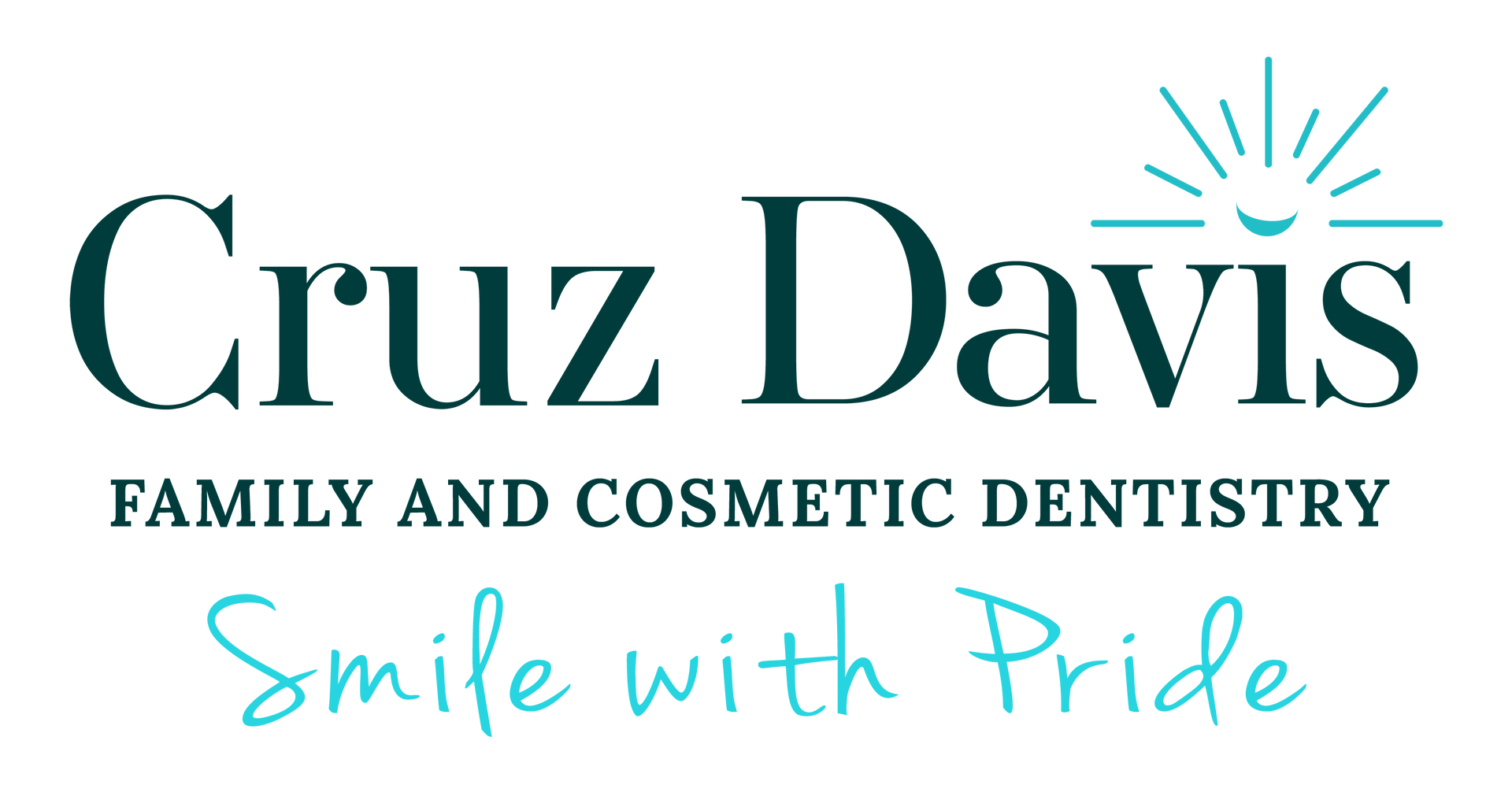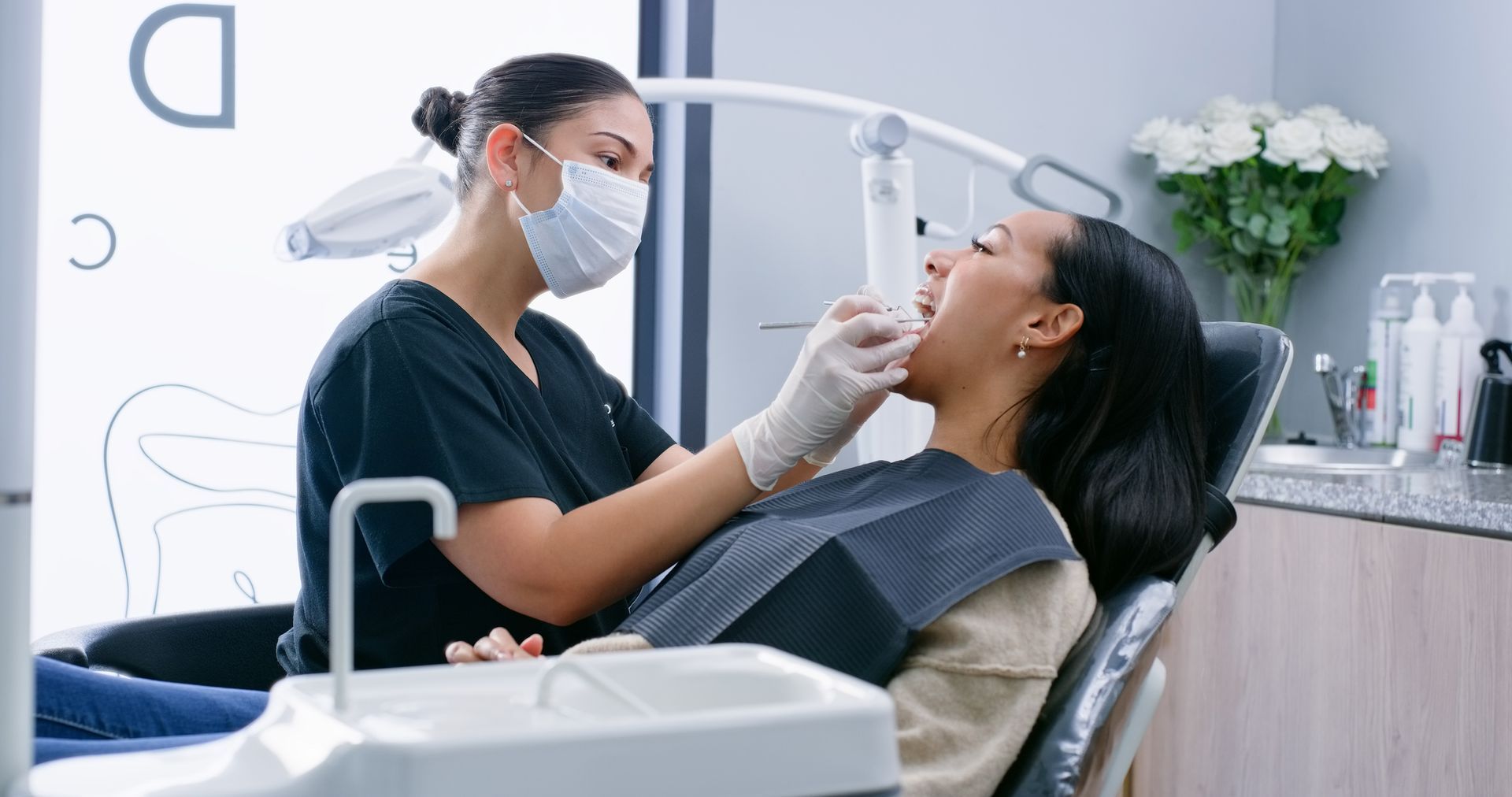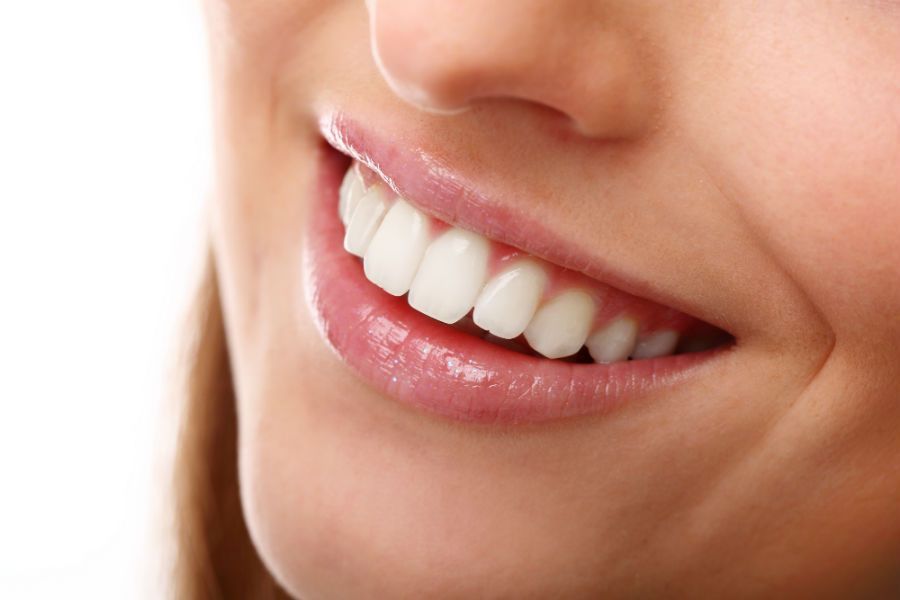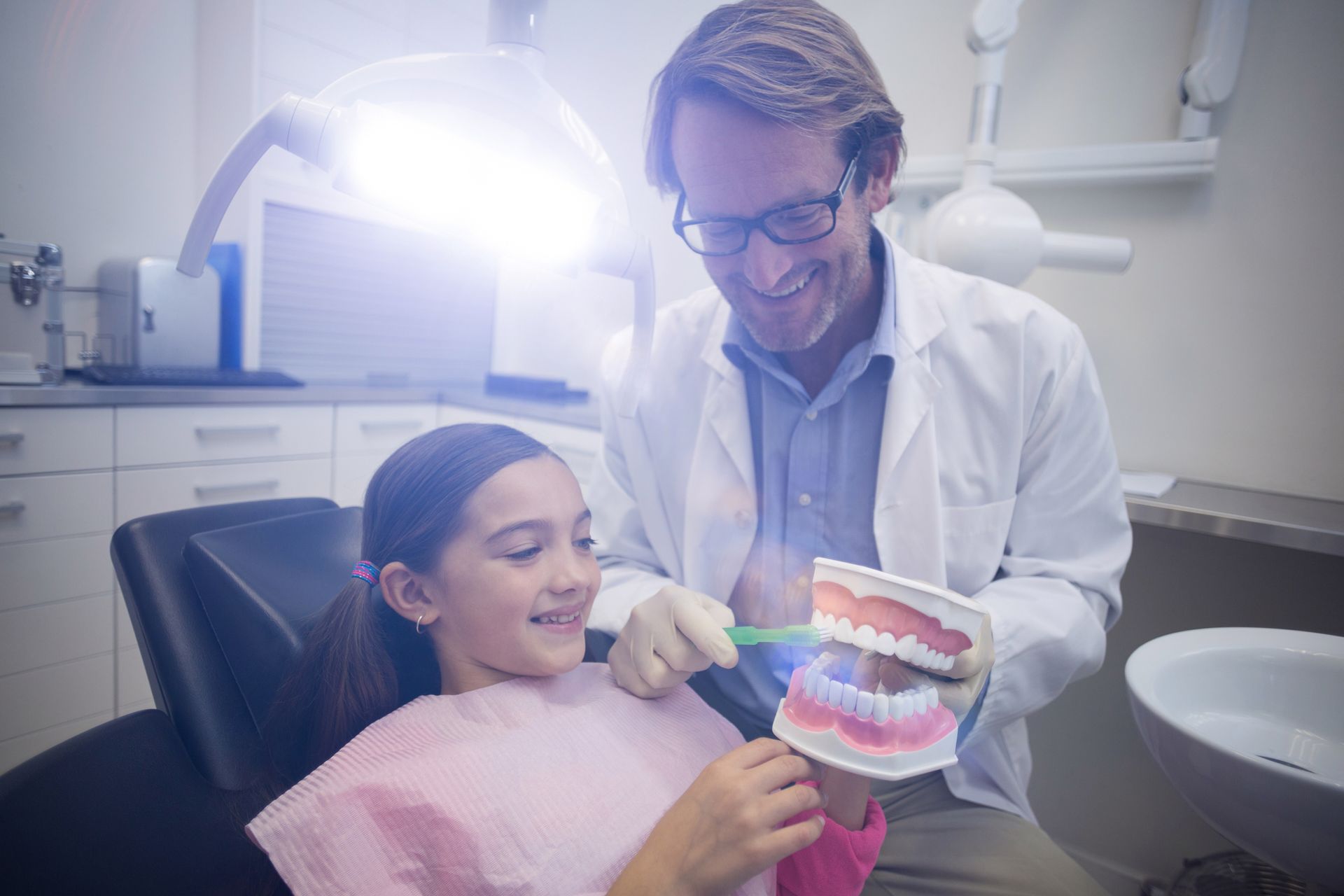Understanding and Preventing Baby Bottle Decay
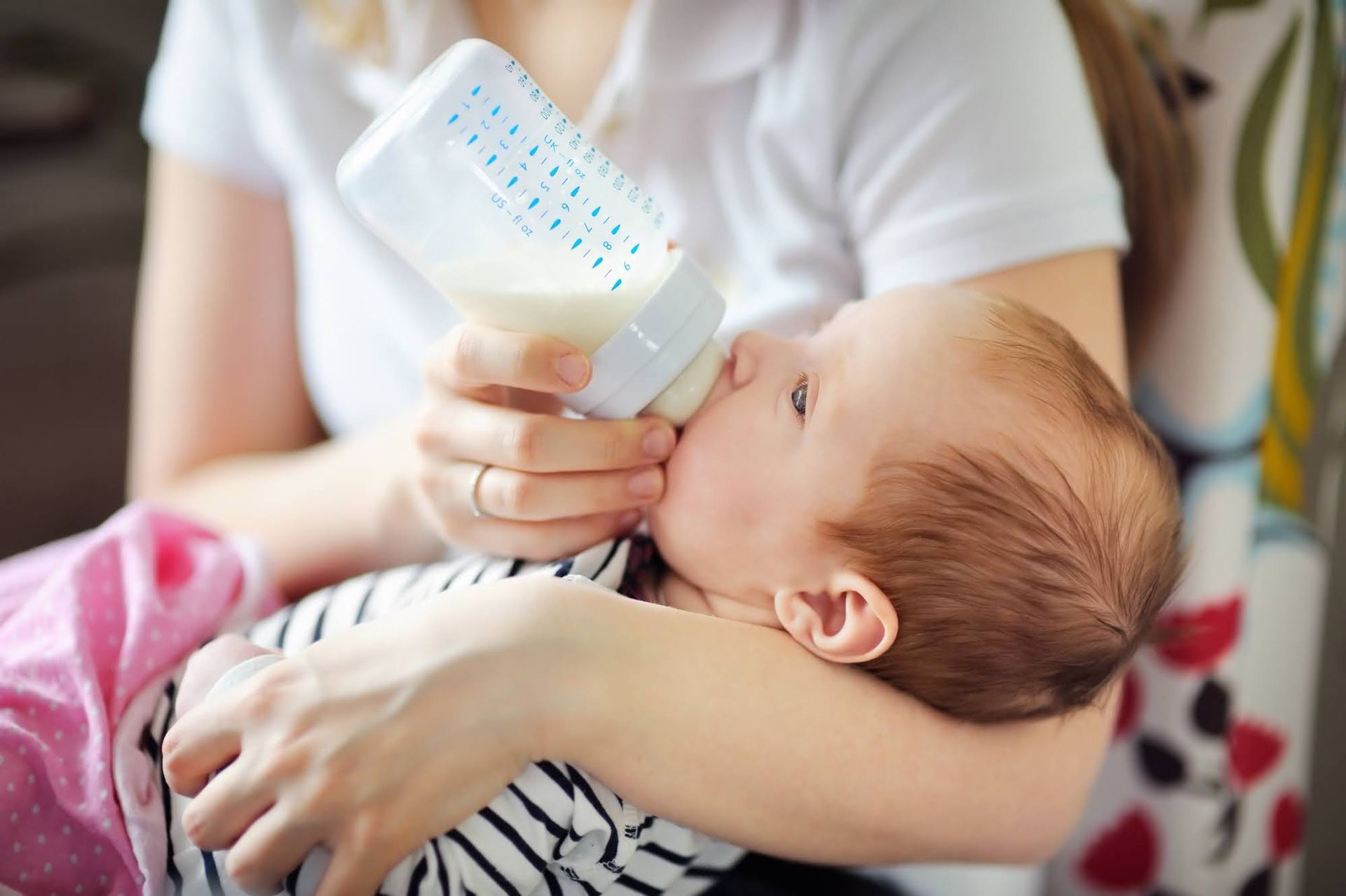
Parents often go to great lengths to ensure the well-being of their little ones. From choosing the right baby formula to creating a safe sleep environment, they frequently understand that every decision matters. However, one aspect of infant care that may go unnoticed until it's too late is oral health. As a result, baby bottle decay can develop.
This blog post will delve into the causes, signs, and preventive measures associated with the childhood condition.
Understanding Baby Bottle Decay
The condition, which is also known as bottle rot or early childhood caries, is a dental issue that impacts infants and toddlers. Baby bottle decay occurs when sugary liquids, such as formula, milk, or juice, cling to an infant's teeth for an extended period, providing a breeding ground for harmful bacteria. The bacteria feed on the sugars, producing acids that erode tooth enamel and lead to tooth decay.
Causes of Baby Bottle Decay
There are several factors involved in the development of baby bottle decay. They include:
- Prolonged bottle use. Allowing a baby to fall asleep with a bottle in their mouth or using a bottle as a pacifier throughout the day exposes teeth to sugary liquids for an extended period, increasing the risk of decay.
- Frequent sugary drinks. Offering sugary drinks, including fruit juices and flavored water, in a baby bottle can contribute to tooth decay. These beverages may seem harmless, but they can be detrimental to dental health if consumed regularly.
- Poor oral hygiene. Infants require proper oral hygiene care from the start. Failure to clean their gums and teeth regularly can contribute to the development of baby bottle decay.
Baby bottle decay is often accompanied by a high sugar intake. The oral bacteria that cause decay are dependent on simple carbohydrates as a food source.
Signs of Baby Bottle Decay
When baby bottle decay presents, several symptoms may develop. They include:
- Visible Tooth Discoloration. One of the early signs of baby bottle decay is the appearance of white, brown, or black spots on the baby's teeth. Discoloration is an indication of enamel erosion and decay.
- Tooth Sensitivity. As decay progresses, infants may experience increased sensitivity to hot or cold temperatures. This discomfort can disrupt their eating and drinking habits.
- Pain or Discomfort. If the decay is left untreated, it can lead to pain or discomfort for the baby. This may manifest as fussiness, difficulty sleeping, or irritability.
Preventive Measures
Protective measures are necessary to prevent the condition from occurring. Here are some of the ways that parents can help protect their children's teeth:
- Practice Good Oral Hygiene. Start oral care early by gently cleaning a baby's gums with a soft, damp cloth or infant toothbrush. As teeth emerge, brush them with fluoride toothpaste in an amount no larger than a grain of rice.
- Limit Sugary Drinks. Restrict the consumption of sugary drinks, especially in baby bottles. If juice is offered, dilute it with water and encourage the use of a regular cup as soon as a child is ready.
- Avoid Prolonged Bottle Use. Break the habit of allowing a baby to fall asleep with a bottle. Gradually transition to a sippy cup and discourage the use of bottles as comfort items.
- Regular Dental Check-ups. Arrange for your baby's initial dental appointment around their first birthday or upon the emergence of their first tooth. Regular check-ups can help identify potential issues early and establish good dental habits.
- Avoid Sharing Utensils. Avoid sharing eating utensils with your baby to prevent the transfer of harmful bacteria that can lead to tooth decay.
Protecting a baby from the silent threat of baby bottle decay requires proactive measures and a commitment to good oral hygiene. By understanding the causes, recognizing the signs, and implementing preventive strategies, parents can safeguard their little one's dental health and set the foundation for a lifetime of beautiful smiles.
To learn more about baby bottle decay and its prevention, contact Cruz Davis Family and Cosmetic Dentistry. Our dental professionals can help you improve and maintain your child's oral health.

